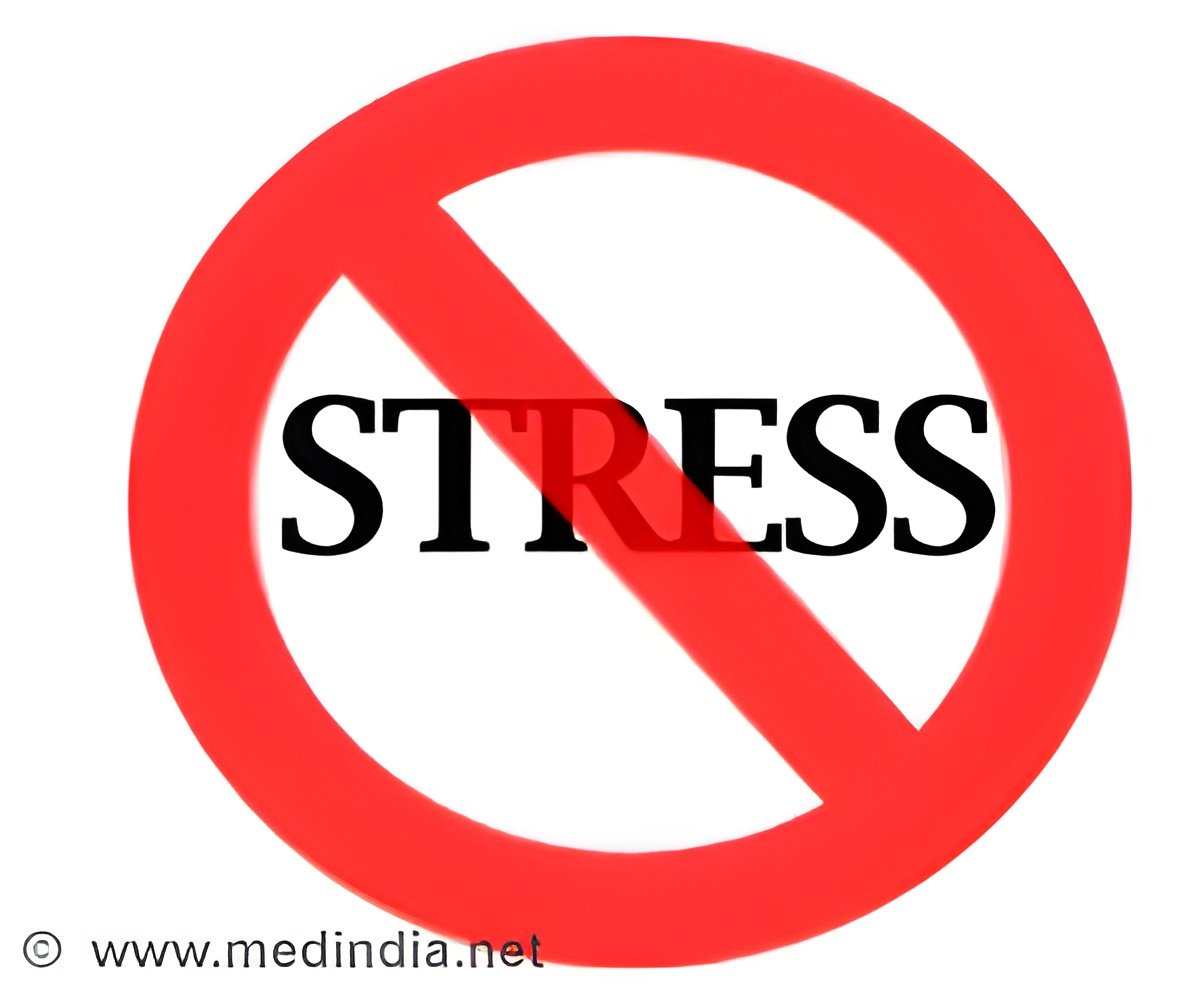CB1 receptors in astrocytes help protect the brain from stress, and increasing their levels may promote resilience to anxiety and depression.

Astrocytic cannabinoid receptor 1 promotes resilience by dampening stress-induced blood-brain barrier alterations
Go to source).
‘Chronic stress weakens the blood-brain barrier, allowing inflammation into the brain. People with depression have fewer cannabinoid receptor type 1 (CB1) in astrocytes. Boosting CB1 could be a future treatment for anxiety & depression #neuroscience #mentalhealth #medindia’





Chronic social stress alters this barrier's integrity, allowing inflammatory chemicals to enter the brain and causing symptoms of anxiety and depression.CB1 receptors are widely distributed in neurons, but they are also present in astrocytes, which are star-shaped cells that facilitate communication between neurons and the blood arteries in the brain.
Prof. Ménard emphasizes that “astrocytes are a crucial part of the barrier. More CB1 receptors were found in the barrier of stress-resistant mice than in depressed-like mice or mice that had not experienced stress. This prompted us to look at how astrocytic CB1 receptors function in the body's reaction to long-term stress”.
The research team first induced an increase in CB1 receptor abundance in mouse astrocytes by developing a viral vector that contained the genetic material coding for the CB1 receptor as well as a mechanism that limited its expression only to astrocytes. When injected, this virus increased the levels of CB1 receptors in the mice’s astrocytes but not in their neurons.
These mice were then subjected to chronic social stress. “Each day, for five minutes, they were brought into direct contact with a dominant male. The rest of the time, a transparent divider was placed in the cage. The mice could see their bully without any physical interaction so it was essentially a psychosocial stress,” says Ménard.
Advertisement
Other experiments carried out by her team showed that mice that had access to an exercise wheel or those given antidepressants also had higher levels of CB1 receptors in their astrocytes.
These results suggest the possibility of using molecules capable of activating CB1 receptors in astrocytes to reduce anxiety and depressive symptoms and to increase resilience in the face of stress, the researcher suggests.
“The challenge, however, is to limit their effects to astrocytes, because strong and prolonged activation of the same receptors in neurons can have side effects, notably on alertness, anxiety and appetite. Until we find a molecule that acts specifically on CB1 receptors in astrocytes, we can mitigate the negative repercussions of stress by taking advantage of the protective effect of physical activity”.
Reference:
- Astrocytic cannabinoid receptor 1 promotes resilience by dampening stress-induced blood–brain barrier alterations- (https://www.nature.com/articles/s41593-025-01891-9)
Source-Eurekalert















